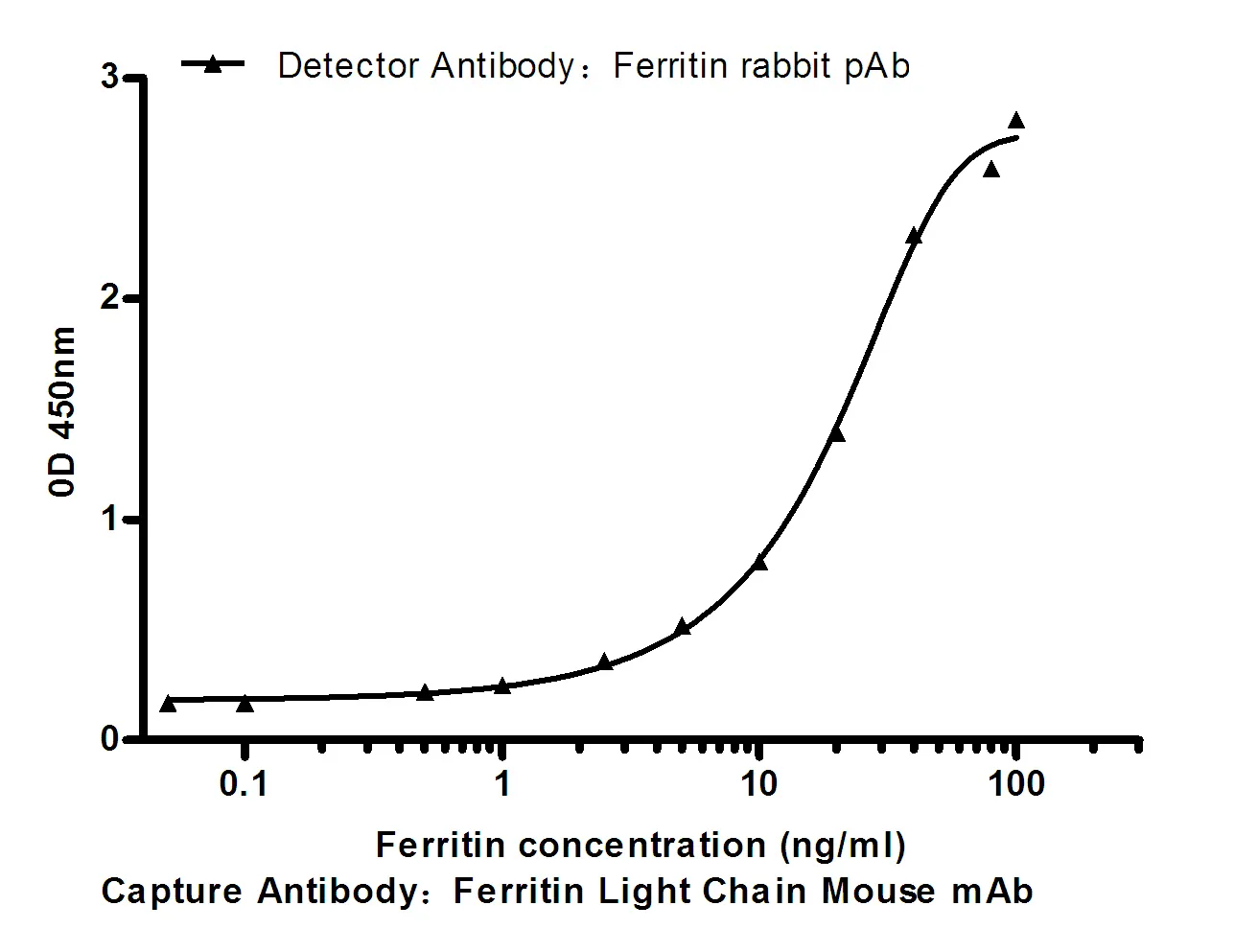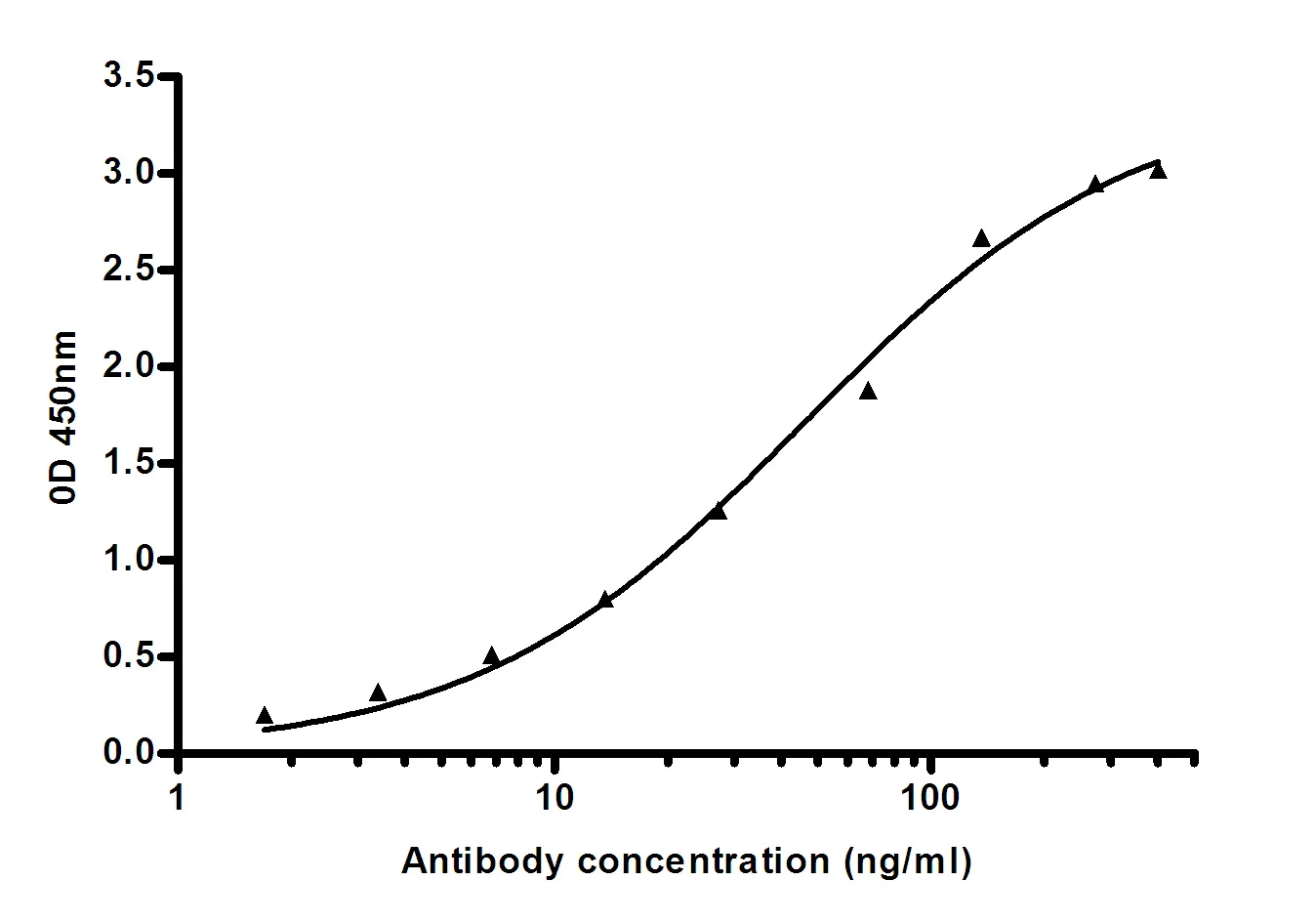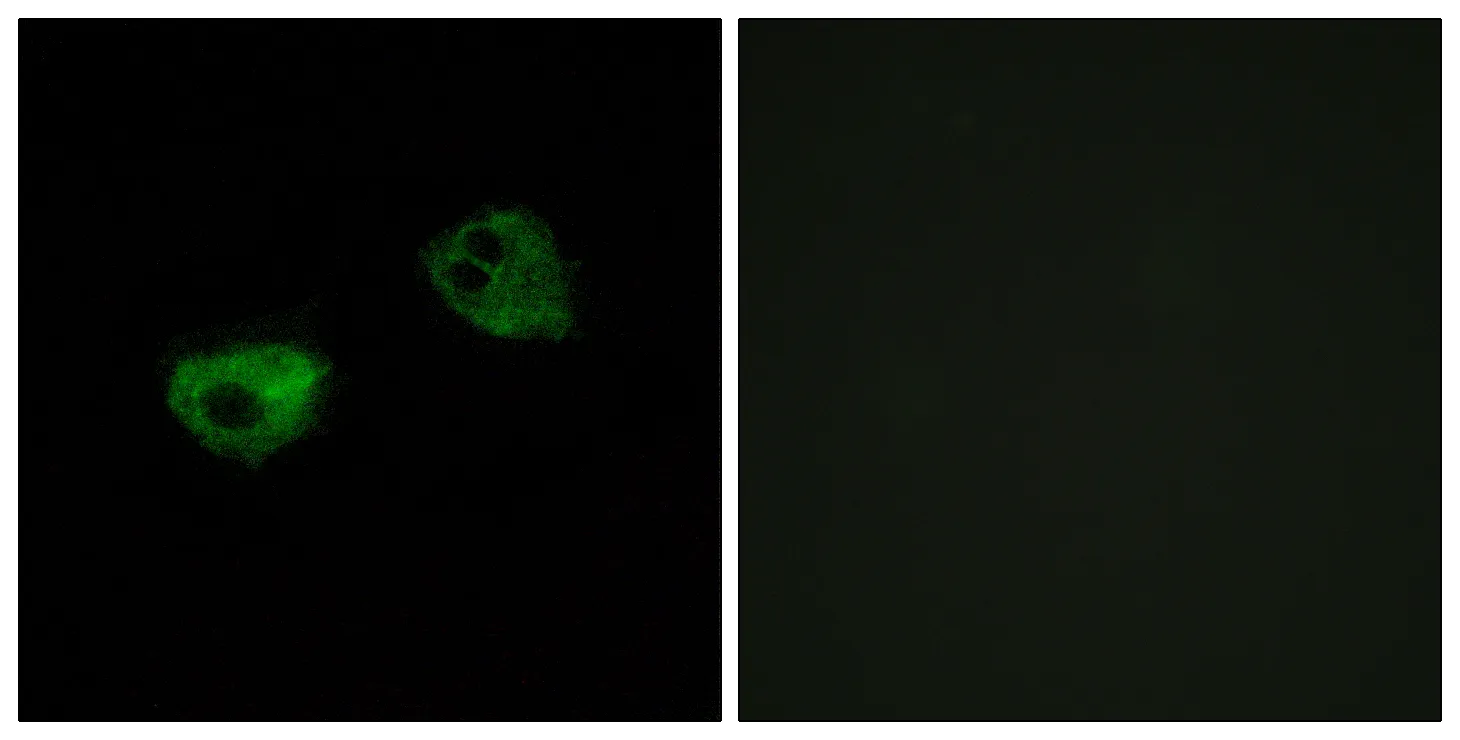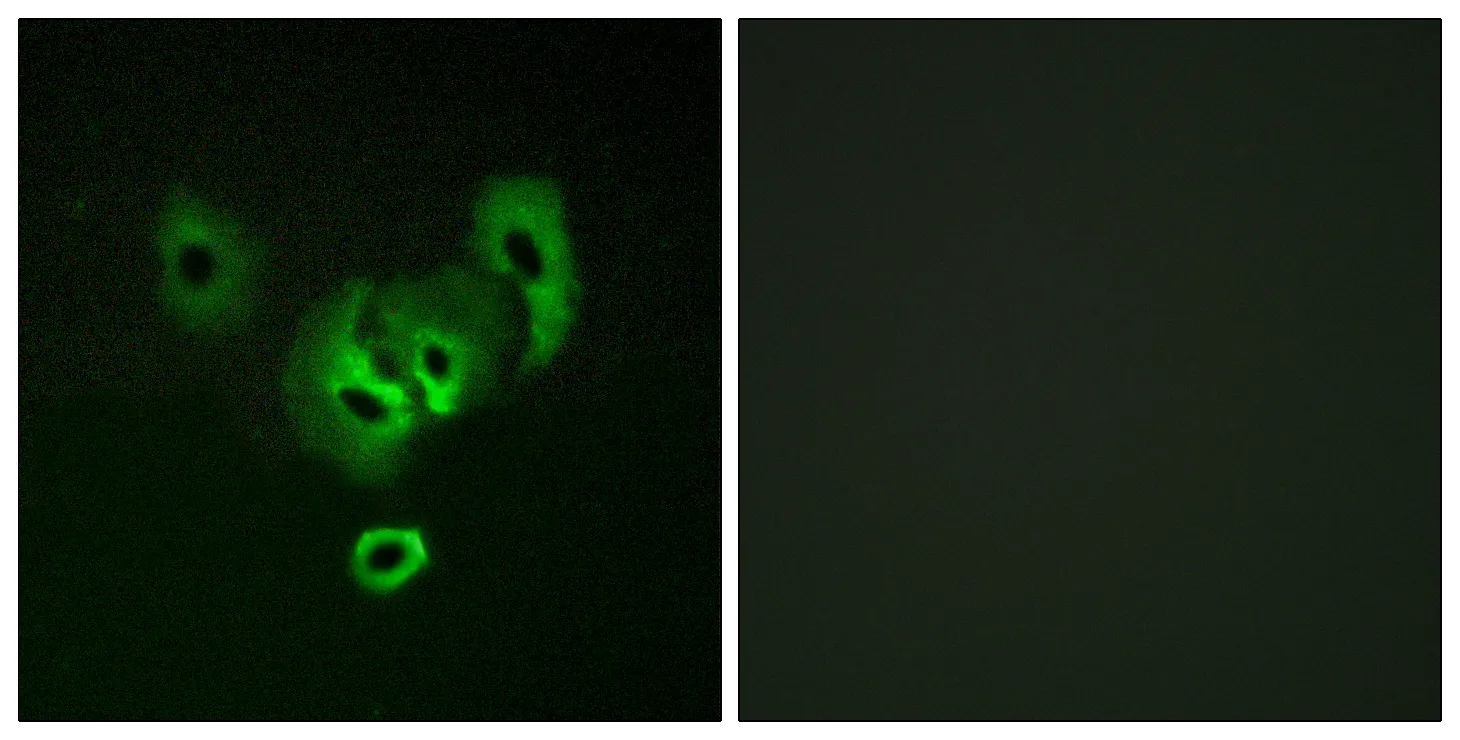Summary
Performance
Immunogen
Application
Background
This gene encodes a member of the ephrin (EPH) family. The ephrins and EPH-related receptors comprise the largest subfamily of receptor protein-tyrosine kinases and have been implicated in mediating developmental events, especially in the nervous system and in erythropoiesis. Based on their structures and sequence relationships, ephrins are divided into the ephrin-A (EFNA) class, which are anchored to the membrane by a glycosylphosphatidylinositol linkage, and the ephrin-B (EFNB) class, which are transmembrane proteins. This gene encodes an EFNA class ephrin. Three transcript variants that encode distinct proteins have been identified. [provided by RefSeq, Jul 2008],function:May play a role in the interaction between activated B lymphocytes and dendritic cells in tonsils.,similarity:Belongs to the ephrin family.,tissue specificity:Expressed in the adult spleen, lymph node, prostate, ovary, small intestine, and colon, and in fetal heart, lung, liver and kidney. Also detected in hematopoietic cell lines.,
Research Area
Axon guidance;




